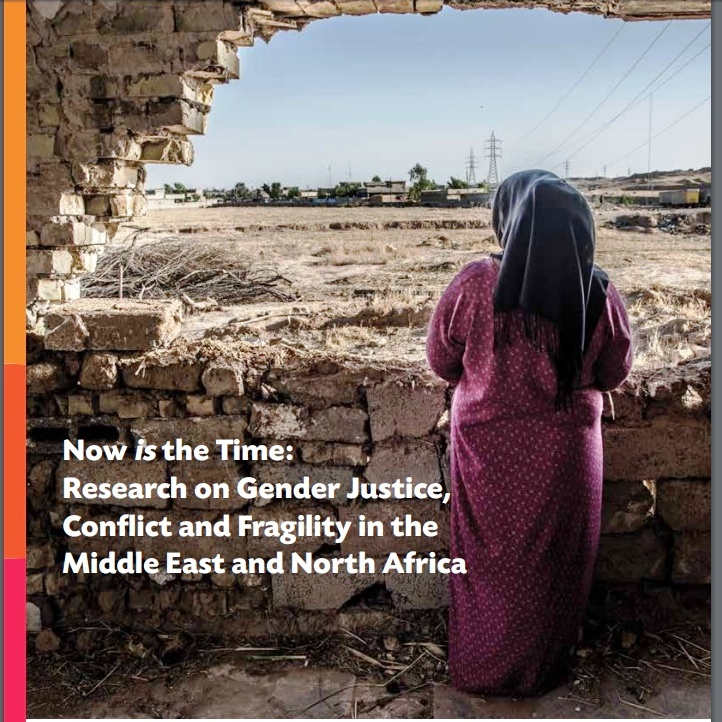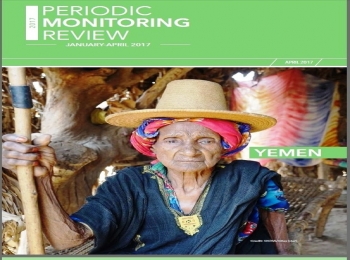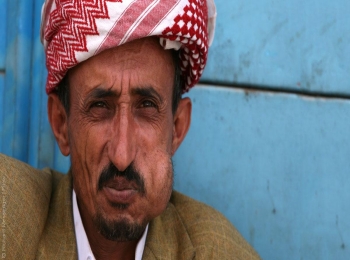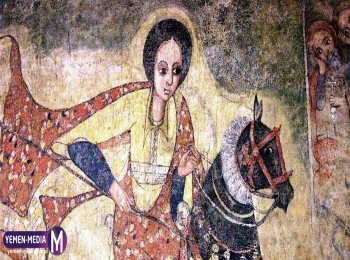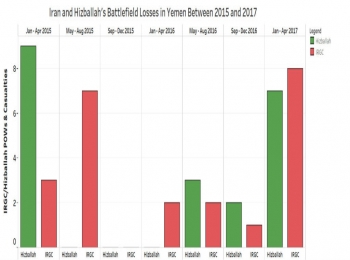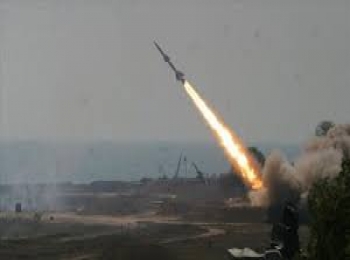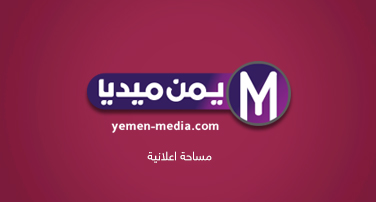- Yemen Humanitarian Periodic Monitoring Review, January - April 2017
- Yemenis and Qāt: A Game of Cat and Mouse
- The Queen of Sheba: The Virgin Mother and King Solomon’s Lover
- UNICEF airlifts lifesaving supplies to Yemen to combat cholera
- She May Be The Most Unstoppable Scientist In The World
- Yemeni Militias Loot 63 Ships Loaded With GCC Aid
- Notes to Yemen’s Government on Statement of Security Council
- Yemeni vice president condemns Houthi attacks on KSRelief shipments
- Mauritania Suspends ‘Suspicious’ Qatari Projects
- Passports announce extension of visitor's identity for the Yemeni brothers
In January 2017, Oxfam Great Britain commissioned International Alert to undertake a study that examines the impact of fragility and conflict on gender justice and women’s rights in the Middle East and North Africa (MENA). The research was part of a larger Oxfam project entitled ‘Promoting the Needs of Women in Conflict in the Middle East and North Africa’, funded by the UK Foreign and Commonwealth Office (FCO). In collaboration with the Oxfam technical committee, Alert designed and implemented a research methodology aimed at understanding how conflict and fragility in four different contexts – Egypt, Iraq, the Occupied Palestinian Territory (OPT) and Yemen – has affected the path towards the realisation of gender equality and gender justice in the past several years of political and social change – for better or for worse.
For access to the reseach, please click here: http://reliefweb.int/sites/reliefweb.int/files/resources/rr-gender-justice-conflict-fragility-mena-050617-en%20%281%29.pdf
The objectives of this study are to:
- Inform and influence discourse and programmes on gender justice in fragile and conflict affected settings, considering the United Nations (UN) women, peace and security (WPS) agenda;
- Inform policy recommendations to national governments and regional bodies in relation to the implementation of commitments on gender equality and WPS in conflict-affected states;
and - Provide policy and programmatic recommendations to international development actors on mitigating the negative effects of conflict and advancing gender justice in fragile and conflict affected settings in the MENA region.
The research explores the following questions:
-
Who is filling the gaps left by the state in the four project countries? What positions, discourses and actions do these actors and the state adopt towards gender justice and women’s rights? How have these positions changed over time?
-
What are the consequences of the above on the ability of civil society organisations (CSOs) and women’s rights organisations (WROs) to drive a gender justice agenda?
-
What are the strategies developed by national and regional WROs and CSOs to counter this reduction in space and push the women’s rights agenda forward?

